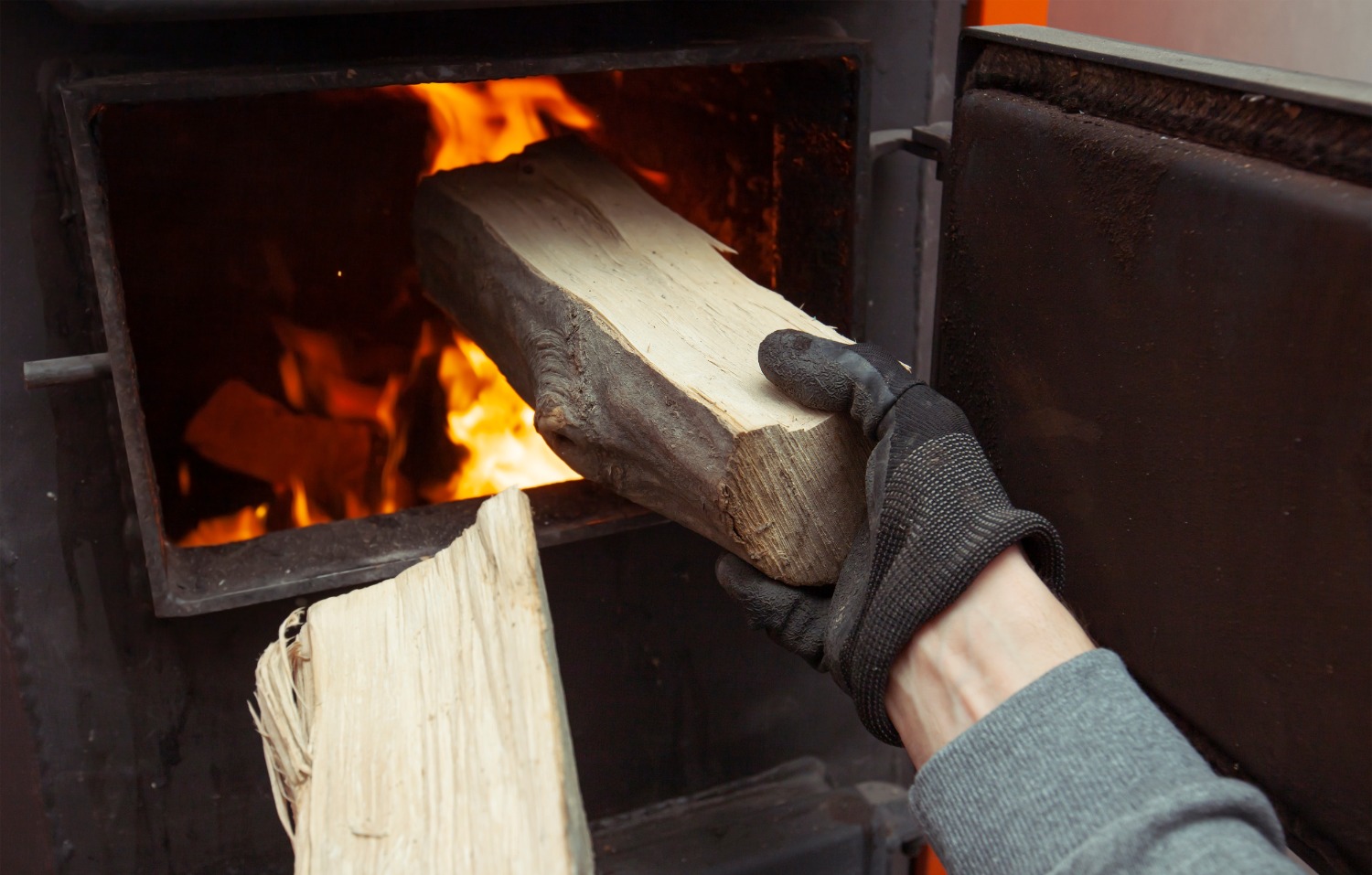
WOOD burning stoves will now be permitted in new homes and buildings, following a review of the new build heat standard commissioned by Scottish Government ministers earlier this year.
Under the original regulations, which came into force in April this year, wood burning stoves were only permitted in new homes and buildings for emergency heating.
However, an amendment to regulations made today permits the installation of bioenergy and peat main heating systems – and any type of secondary heating systems – in new buildings from 1 January 2025, while maintaining the prohibition on mains gas and oil boilers as a main heating system.
Alasdair Allan, acting minister for climate action, said, “The new build heat standard is crucial to help reduce emissions from new buildings, preventing the need for retrofit in the future and ensuring a cleaner and greener Scotland.
“Heat from our homes and buildings makes up almost a fifth of Scotland’s carbon emissions so we must tackle the most polluting forms of domestic heating to reach net zero.
“We have listened to concerns from rural and island communities about resilience in times of bad weather or power outages, as well as the wider use of bioenergy and peat for other reasons. These changes address these concerns whilst retaining the spirit of the original legislation, which aims to eradicate polluting gas and oil boilers from new homes and buildings.
“I would like to thank all of those who submitted evidence and views, particularly those from rural and island communities – their input has been vital in delivering his positive outcome.”
Luke Fraser, vice chair of the Scottish Islands Federation, added, “The Scottish Islands Federation is delighted that the points raised by our members and others, as part of the review of the new build heat standard, have been taken into account. We believe there is a need to help sustain and support the resilience of households in rural and island communities through the use of wood burning stoves and burning of peat, and the changes to the NBHS announced today have taken this on board.
“While we are in support of the need for climate action, progress must be made in tandem with developing and enhancing the resilience and sustainability of our communities, not at their expense. This change is a positive step in that direction.”








